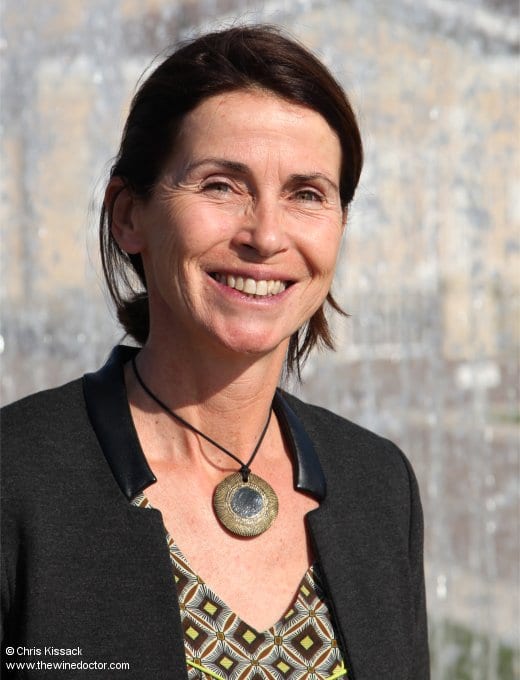Bordeaux 2018 Primeurs: St Julien
Having left Château Grand-Puy-Lacoste, the final visit in a string of appointments in Pauillac, it would of course be logical to head ‘next-door’ to St Julien. Well, it would have been if it was not already late afternoon, and I had to get down to the city of Bordeaux and find my hotel for the night, before heading out to dinner with the Académie des Vins de Bordeaux. I left two hours to make the journey, and hitting the outskirts of Bordeaux barely 35 minutes later I began to feel pretty silly for having allowed so much time for the journey in my schedule. One hour of crawling through rush-hour traffic and tramway roadworks later, I realised I had made the right decision. It meant, for once, I was able to turn up dead on time for something.
My visits in St Julien were in fact conducted the week before primeurs-week-proper kicked off. I attended two fairly intense mornings of tastings with the Union des Grands Crus de Bordeaux in the city, and after the second of those tastings I headed north, up the Médoc peninsula, to St Julien. My first port of call was Château Ducru-Beaucaillou, and a look at the 2018 vintage with Bruno Borie. Bruno has three wines made within the St Julien appellation, the grand vin of course, but from vines further west, La Croix Ducru-Beaucaillou, and from those even further west, Château Lalande-Borie. None should be regarded as a second wine, that being the purpose of the rarely sighted cuvée Le Petit Caillou. In this vintage Bruno and his team didn’t even produce a second wine; everything picked was deemed of first wine quality.
The St Julien Story
There was no great problem with mildew at Château Ducru-Beaucaillou, says Bruno Borie, a fact he attributed firstly to a lower rainfall in St Julien than in some other appellations, and secondly to the drying breezes coming off the Gironde which is very close by. Having said that, he also denies having experienced any mildew on the vineyards of Château Lalande-Borie or La Croix Ducru-Beaucaillou, a story which seems to have been repeated through the appellation here. His yields were 35 hl/ha, very similar to that in 2016 according to my figures, when the yields were 36-37 hl/ha. At Château Léoville-Las-Cases, the maître de chai Bruno Rolland was similarly relaxed, suggesting that while there had been a little mildew, it was not particularly problematic. Here the yields in 2018 were 35.5 hl/ha, a little lower than the 40 hl/ha collected in 2016.

